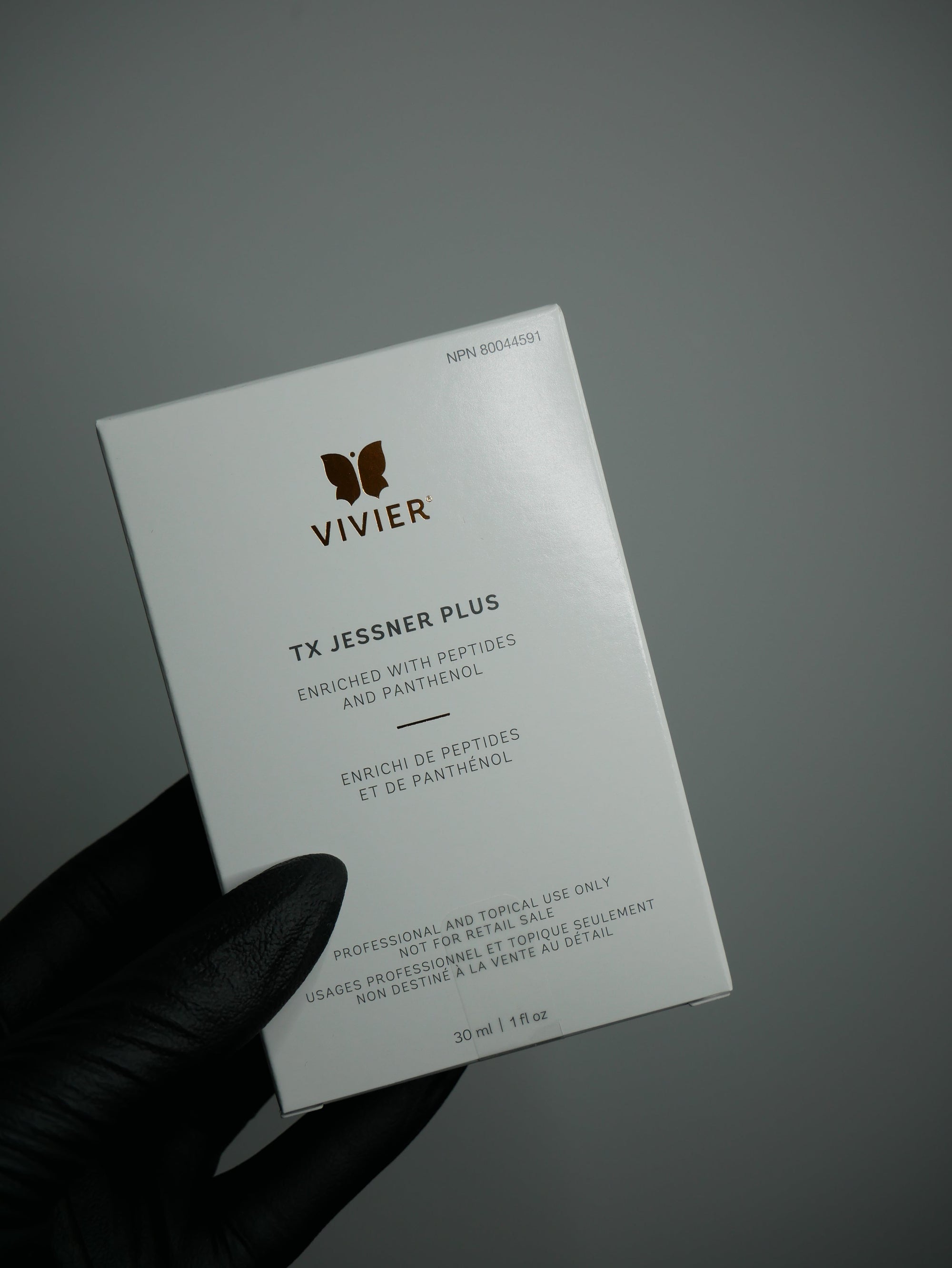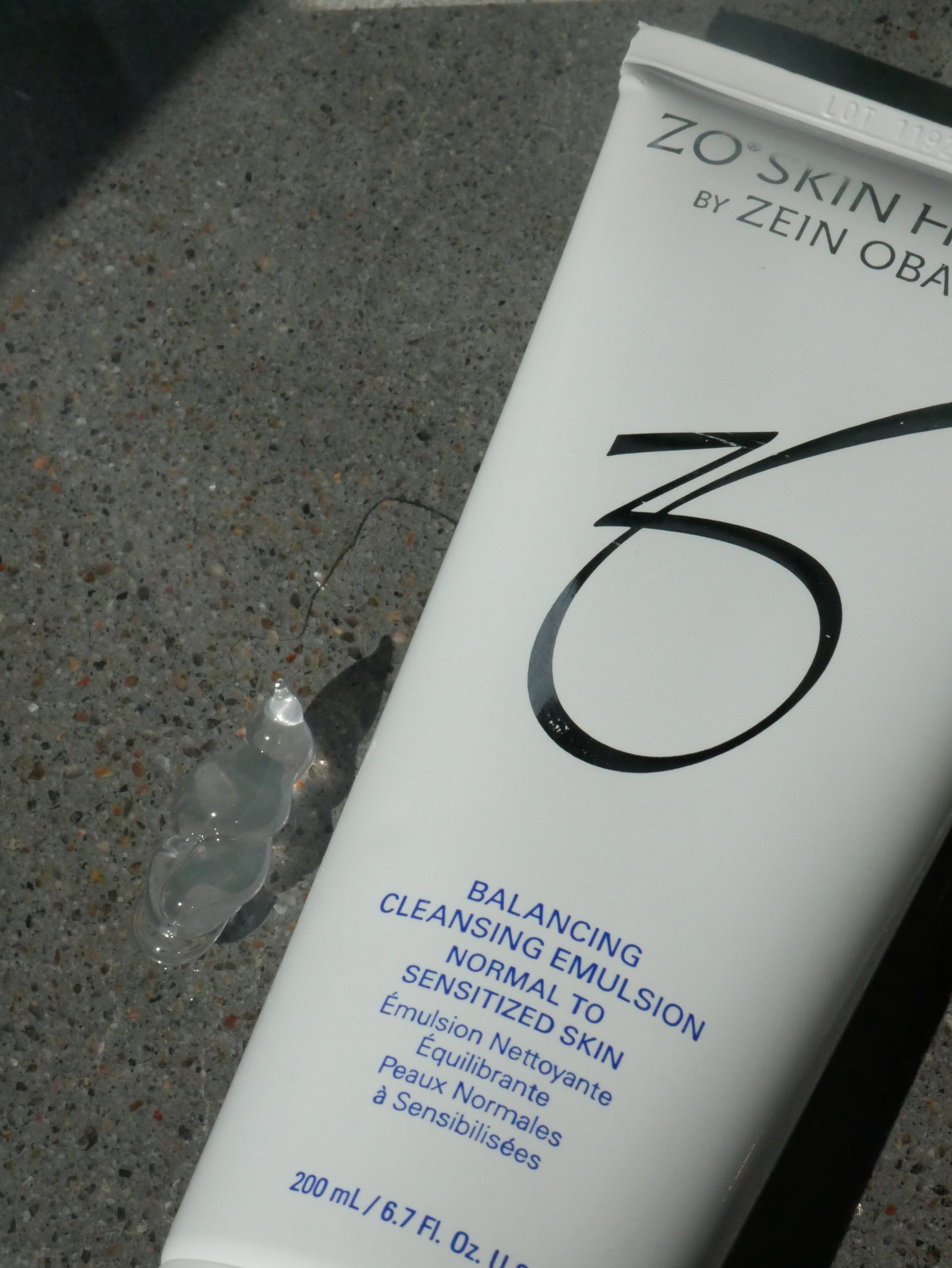Vitamin C is a key ingredient in skincare, recognized for its numerous benefits. It plays an essential role in combating skin aging, evening out skin tone, and protecting against environmental aggressors. In this article, we will explore the different types of vitamin C, their quality, and their effects on our skin.
1. Types of Vitamin C
- L-ascorbic acid
It is the purest and most effective form of vitamin C, often used in serums. It is known for its ability to penetrate deeply into the skin and stimulate collagen production.
- Ascorbate de sodium
This form is more stable and less irritating. It is ideal for sensitive skin and can be used in gentler formulations.
- Ascorbyl Palmitate
It is a liposoluble form of vitamin C, which is easily absorbed by the skin. It helps to hydrate and nourish the skin while providing antioxidant properties.
- Ascorbic acid glucoside
This version is a combination of vitamin C and glucose, making it more stable. It transforms into L-ascorbic acid once applied to the skin, thus offering its benefits while being less irritating.
2. Qualities of Vitamin C
- Purity
The purity of vitamin C is crucial for its effectiveness. Products containing 10 to 20% L-ascorbic acid are generally the most effective.
- Stability
Vitamin C is sensitive to light and air, which can reduce its effectiveness. Look for products in opaque and airtight packaging to maximize stability.
- Formulation
The presence of other beneficial ingredients, such as vitamin E or ferulic acid, can enhance the effectiveness of vitamin C by strengthening its antioxidant properties and increasing its stability.
3. Action of Vitamin C on the Skin
- Powerful antioxidant
Vitamin C neutralizes free radicals, thus protecting the skin against oxidative stress and premature aging.
- Skin brightening
It helps to reduce hyperpigmentation and even out the complexion, making the skin more radiant and glowing.
- Collagen stimulation
Vitamin C promotes collagen synthesis, which helps reduce the appearance of wrinkles and improve skin elasticity.
- Sunscreen
Although it does not replace sunscreen, vitamin C can help protect the skin against damage caused by UV.
Vitamin C is an essential ally in skincare. By understanding the different types and qualities of this ingredient, you can choose the products that best suit your needs. For optimal results, incorporate vitamin C into your daily skincare routine and observe the benefits it can bring to your skin. Don't forget to consult one of our professionals to ensure you have the best vitamin C suited for your skin.


